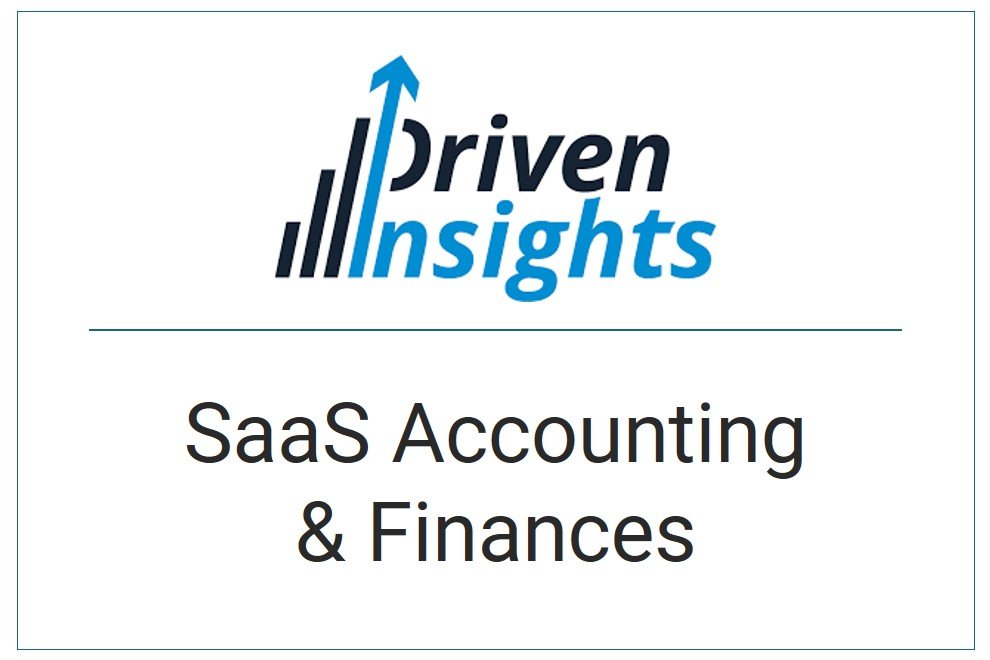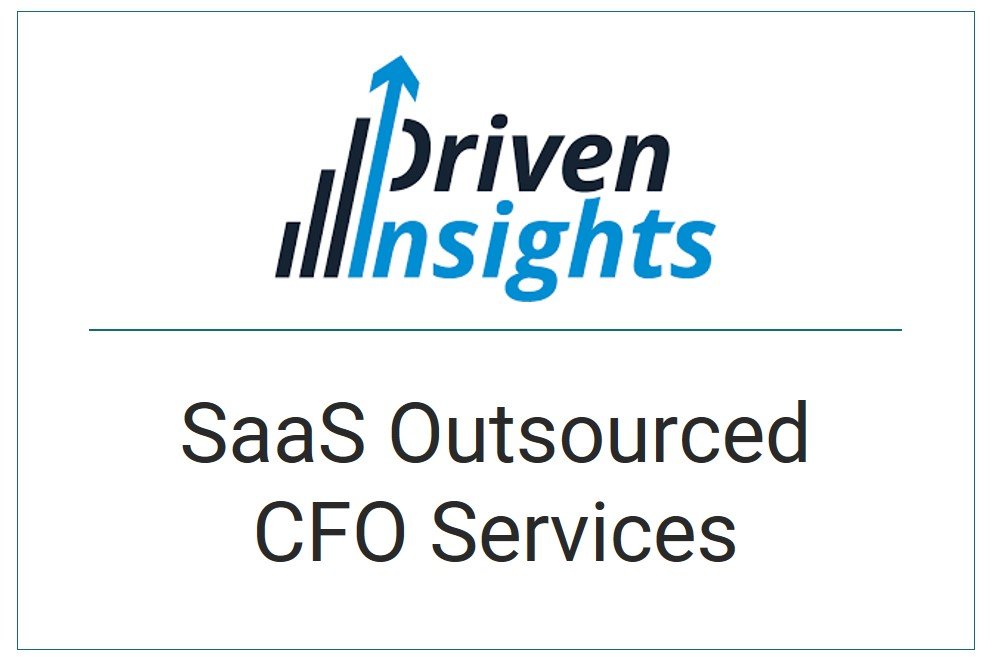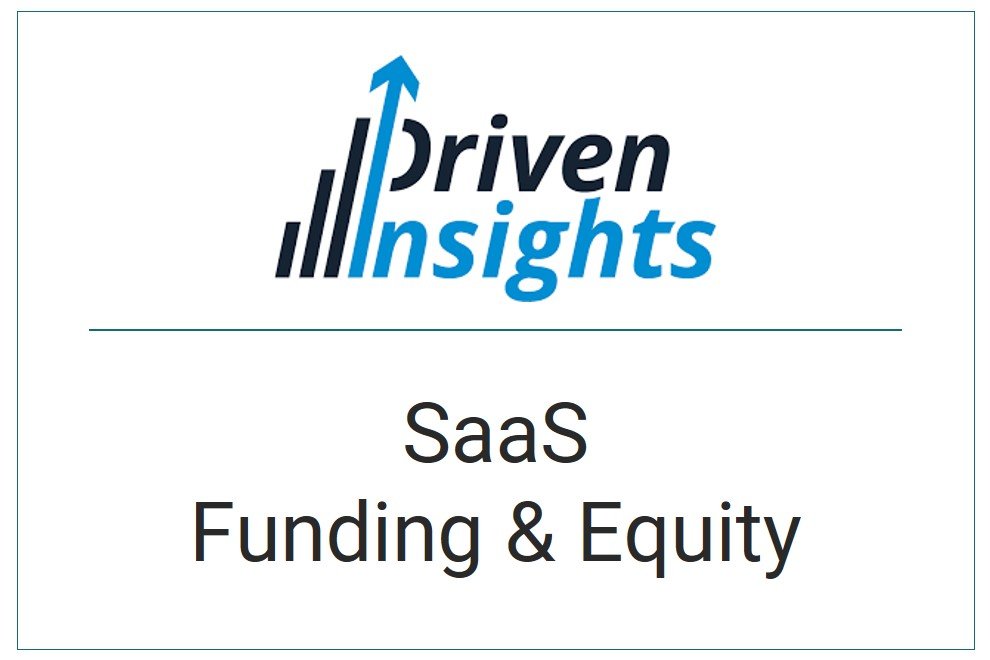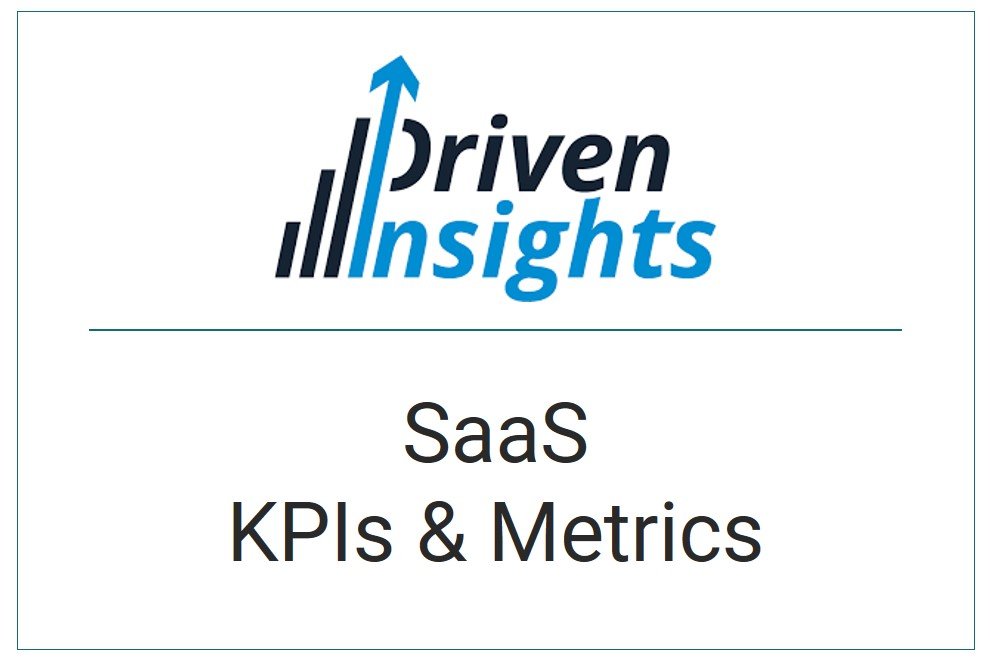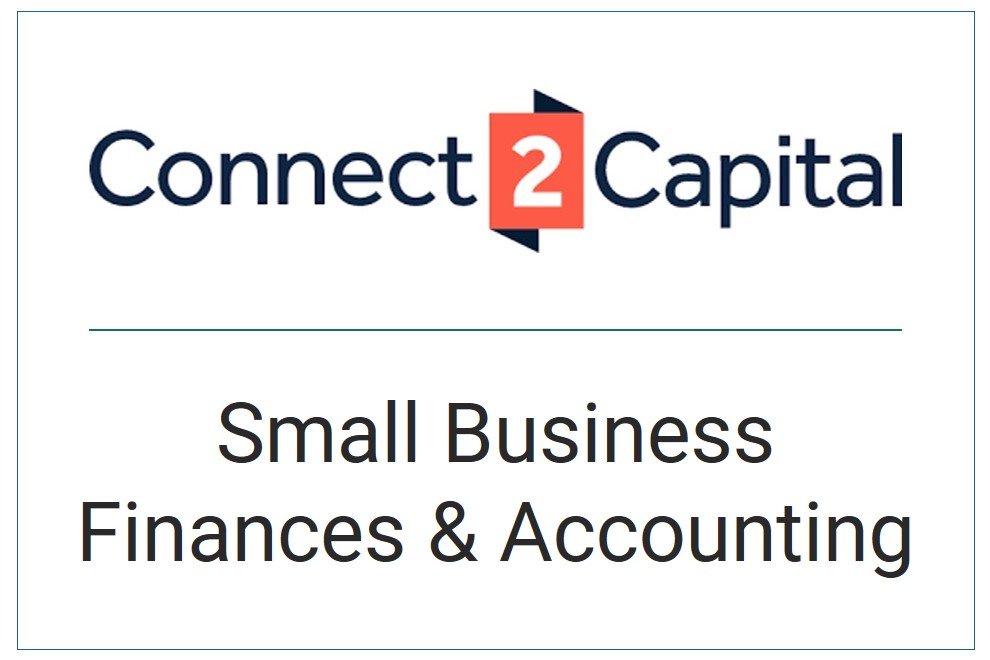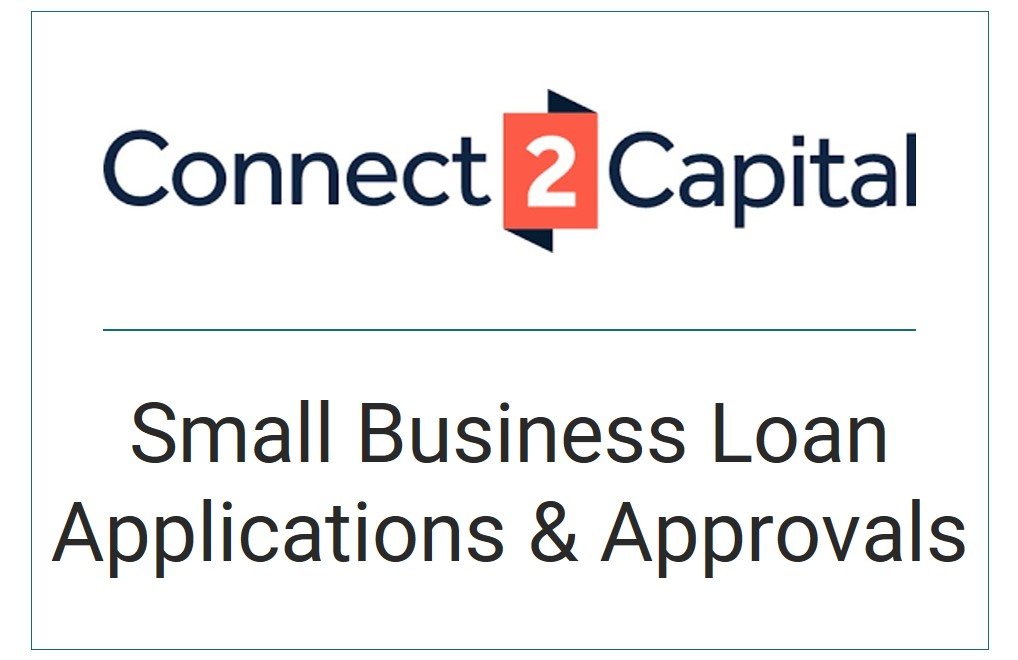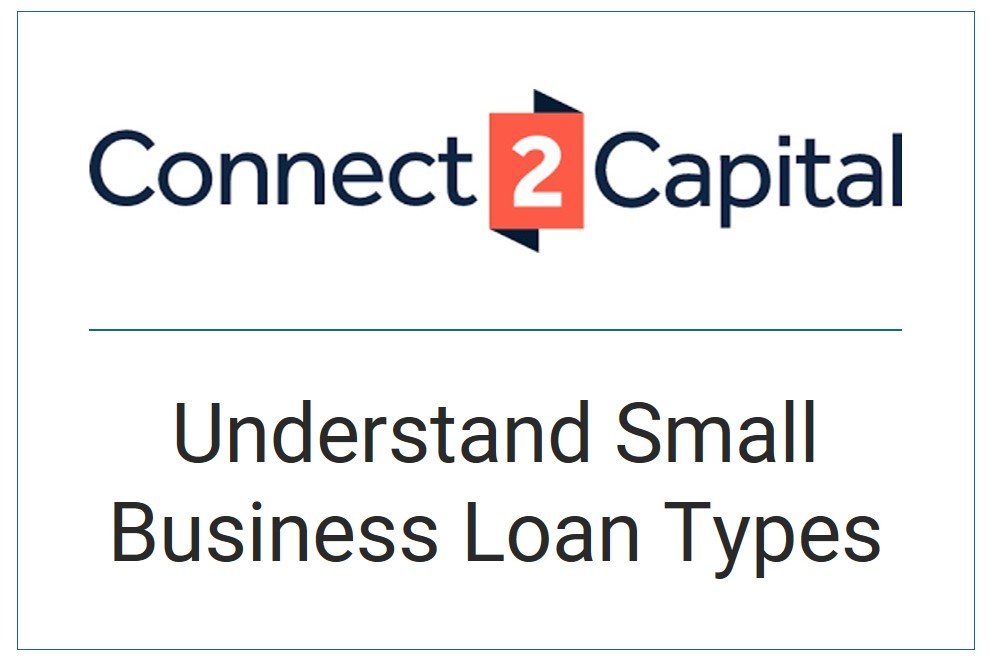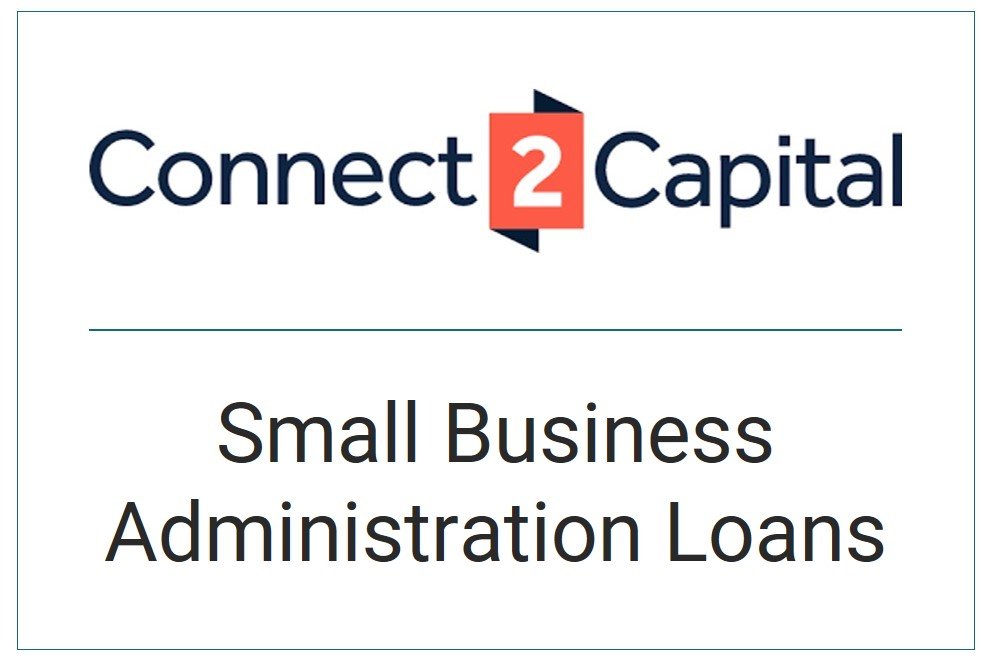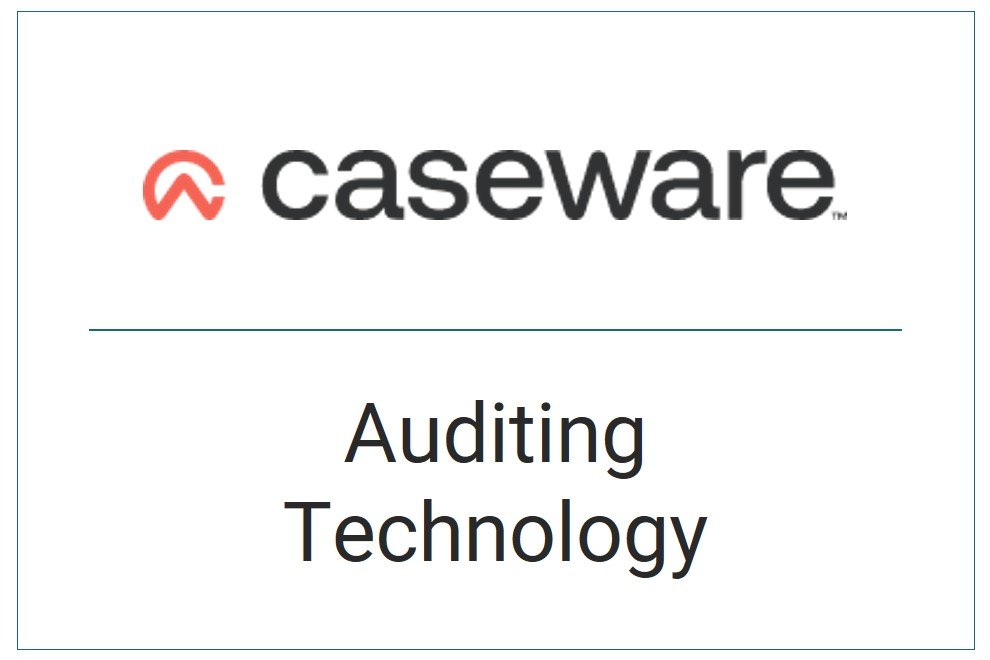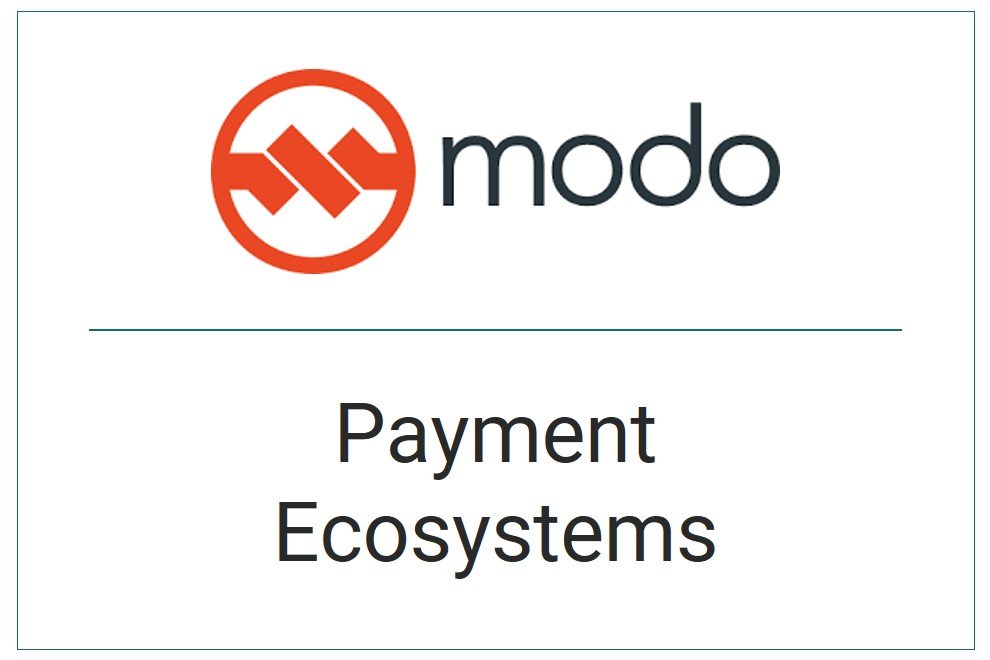Small Business Finances & Accounting—Collected Writing Samples
This is a collection of six guides that I wrote for Connect2Capital and that are published on their blog. You will find links to each published sample below.
Links to my published writing on small business accounting and finances
Here are links to my published samples.
Your Basic Business Finance 101 Guide
“Whether you’re starting or running a small business, sometimes it makes sense to get back to basics—especially when it comes to small business finances. That’s why we’ve put together this simple guide of the terms you need to know, along with an explanation of some of the core principles for successfully managing the finances of your new enterprise.
Let’s start with a glossary of the terms you need to know.”
Your Small Business Tax Deductions Checklist
“The not-so-good news? Every business needs to file taxes. The great news? There are many expenses you can apply to your income to help alleviate your tax burden. These deductions will reduce your profits, meaning that you will pay lower overall taxes. While the IRS does not specifically list what you can claim, they do state that if a cost you’ve incurred is “ordinary and necessary” to running your business, then you can deduct it.
We’ve created a checklist below of the most deductions you can claim for your small business. As always, check with your accountant or tax preparer if you have any questions or need clarification. Note that some of the expenses listed below will need to be “depreciated” or expensed over several years. Speak to your tax preparer for more information.”
How to Categorize Expenses for Your Small Business
“Small businesses need to keep tight control of operating costs to maximize cash flow and profits. If you want to retain money in your business, you need to know where you’re spending and how much. One of the most effective ways to do this is by categorizing your small business expenses which will give you greater insight into your profits and losses.”
10 Questions to Find the Perfect Business Accountant
“Finding the right accountant for your business is crucial to getting the financial services you need and ensuring you’re compliant with tax and filing requirements. An accountant who specializes in business accounting will have different priorities, skills, and approaches than those who focus only on personal accounting.
We believe that one of the best ways to find a business accountant is to ask the right questions. With that in mind, here are ten inquiries you can make to find an accountant who’s best suited for your business.”
How to Prepare a Cash Flow Statement
“A cash flow statement is an important financial document that you and others can use to understand your business. A cash flow statement provides details of the financial health of your organization, the amount of money you have on hand, and your capability to make repayments on financing. Learning how to create a cash flow statement is essential for presenting the financial facts about your business, like your net income, assets, liabilities, and investments.
We’ll share the best approaches for preparing your statement of cash flows, so you’re showing everything in the correct way.”
3 Financial Reports to Maximize Small Business Loan Approval
“If your business really needs a cash injection to grow, then one of your best options is to apply for a small business loan. There’s just one problem—getting approved for a small business loan can be tough. Lenders aim to minimize risk by ensuring you can afford to repay your capital, plus interest.
One of the ways lenders determine how likely you are to repay is by looking at your small business track record, demonstrated best through your financial reports. We’ll dig into the main information that lenders are looking for, and how to use those reports to maximize your chances of getting a loan.”
More information about these portfolio writing samples
Here’s some more details on these pieces.
Freelance writing services for these portfolio samples
I provided this content writing as part of the following services:
Writing expertise and topics for these portfolio samples
This content writing fell into the following topic areas:
Finance: Accounting and Taxes, Financial Management
Type of writing
My writing for this content was provided via a marketing agency, CSTMR.
Similar portfolio samples
Discover more of my writing portfolio samples in related areas.
All logos and trademarks are used under fair-use guidelines. In all cases, my clients have paid for my work and they have complete ownership and copyright of the writing samples published by them and linked from this website, and no ownership is claimed or implied by me. Links to samples are included as per my freelance writing contract with clients. Linkage from this website is intended to provide my clients with greater SEO ranking through backlinks, and to demonstrate their expertise through my work. All excerpts from samples are placed inside block quote elements to prevent any possible duplicate content penalties. Any statistics mentioned are sourced from SEM Rush in mid-2022. For more information, please see my disclaimer.

